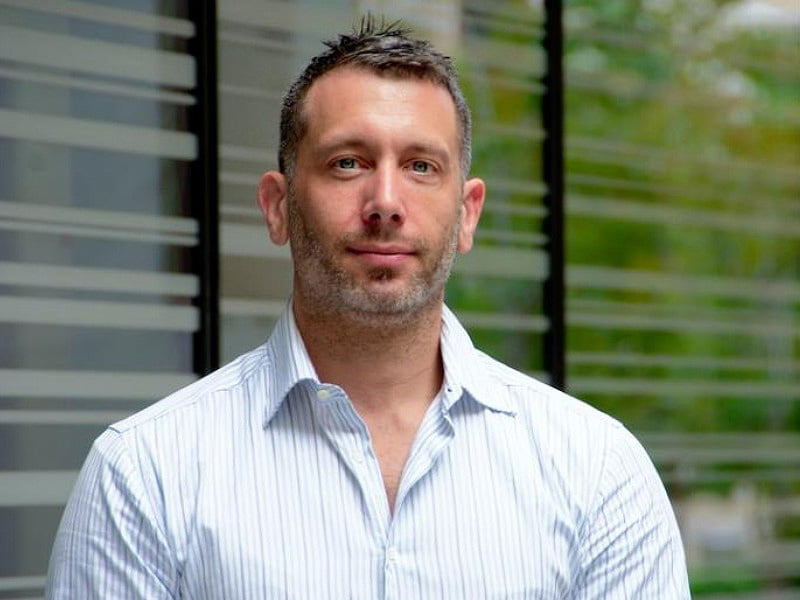Sydney quantum pioneer Q-CTRL will significantly expand its presence in America thanks to a US government Small Business Innovation Research grant.
Q-CTRL was this week awarded $230,000 in funding through the US Small Business Innovation Research (SBIR) for a project looking at “automated calibration, characterisation and optimisation of near-term quantum processors”.
The Australian company will work with Sandia National Laboratories on the project funded through the SBIR, which is described as the US government’s seed fund, and focused on businesses conducting research and development in areas considered to be of strategic importance.
Q-CTRL chief executive Professor Michael Biercuk said the funding will allow the company to develop AI-based software capable of automating several processes used in operating quantum computers.
“Our team has already demonstrated how powerful AI can be in autonomously designing quantum gates – the building blocks of quantum algorithms – that outperform the best human designed alternatives,” Professor Biercuk told InnovationAus.
“Through this program we’re extending these successes by automating a wide range of processes across entire quantum computers. This funding award will enable our team to build on our successes and collaborate with the exceptional researchers at Sandia National Laboratories as we seek to deliver industry leading tools for quantum computer automation.
“It’s our ambition that Q-CTRL solutions become instrumental to the operation of every quantum computer in the industry, and this support through a high-profile US-based program is a key accelerant towards that goal.”

Automating aspects of the operation of quantum computers will be vital for the growth of the technology into the mainstream, Professor Biercuk said.
“Right now most quantum computing systems require direct intervention to function, forming a bottleneck in our ability to develop new systems and deliver useful outputs to end users,” he said.
“Removing the need for ‘expert’ intervention is absolutely essential to the future success of the quantum computing industry, and is a core area of specialisation for the Q-CTRL team. It was exciting to see this recognised through a specific Department of Energy program and our team is honoured to have been selected for funding through the competitive SBIR process.”
The funding will allow Q-CTRL to “substantially” grow its offices in the US, including in Los Angeles.
The SBIR program requires US government agencies with large R&D programs to allocate a small proportion of that budget to pre-commercial technology development projects by firms with less than 500 employees.
A similar scheme would be very useful in Australia, Professor Biercuk said.
“There’s much discussion of how Australia could do better in supporting the development of sovereign capability in research-intensive industries like quantum computing,” he said.
“The success of the US-based SBIR program is globally recognised, and even inspired the NSW government to adopt a similar framework. We certainly hope that more direct public sector support for the quantum computing industry will be forthcoming based on the work led by the Chief Scientist. As new funding structures are explored, the SBIR program is certainly a strong candidate to emulate.”
This year will see Q-CTRL release a number of major products and conduct technical demonstrations, including of its software which can improve the success of quantum algorithms run on real quantum computers by up to 1000 times, with no changes to hardware.
“Everything we do in 2022 will be about translating technical capabilities into value capture within the growing quantum technology industry. Expect greater performance, more partnerships and industry-leading top-line growth,” Professor Biercuk said.
Do you know more? Contact James Riley via Email.

